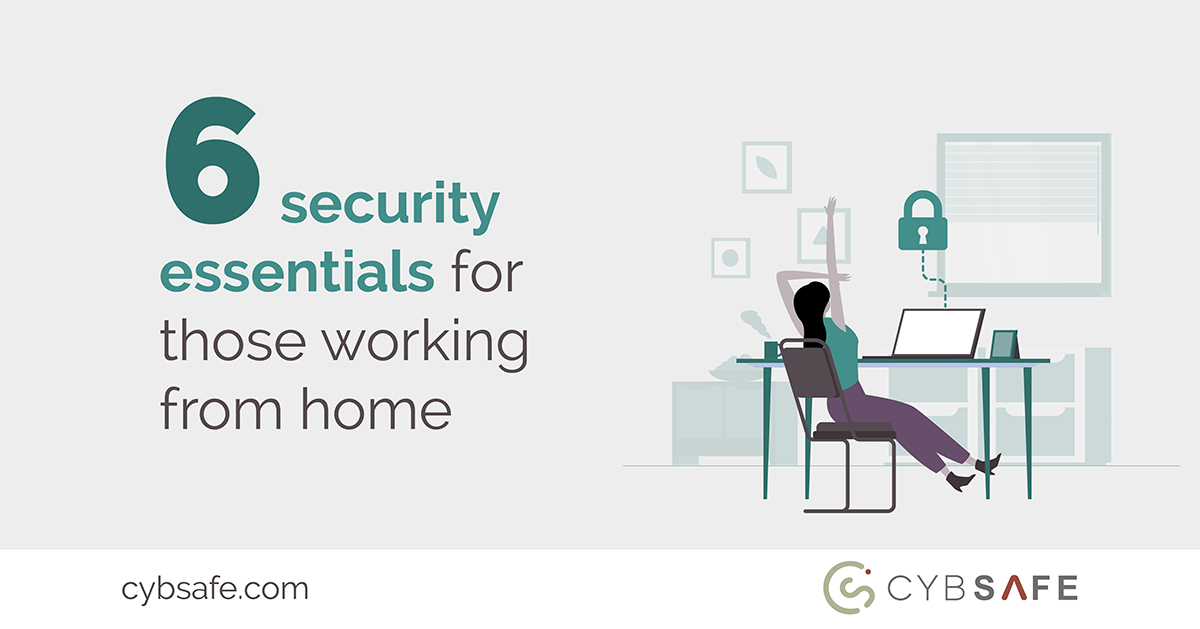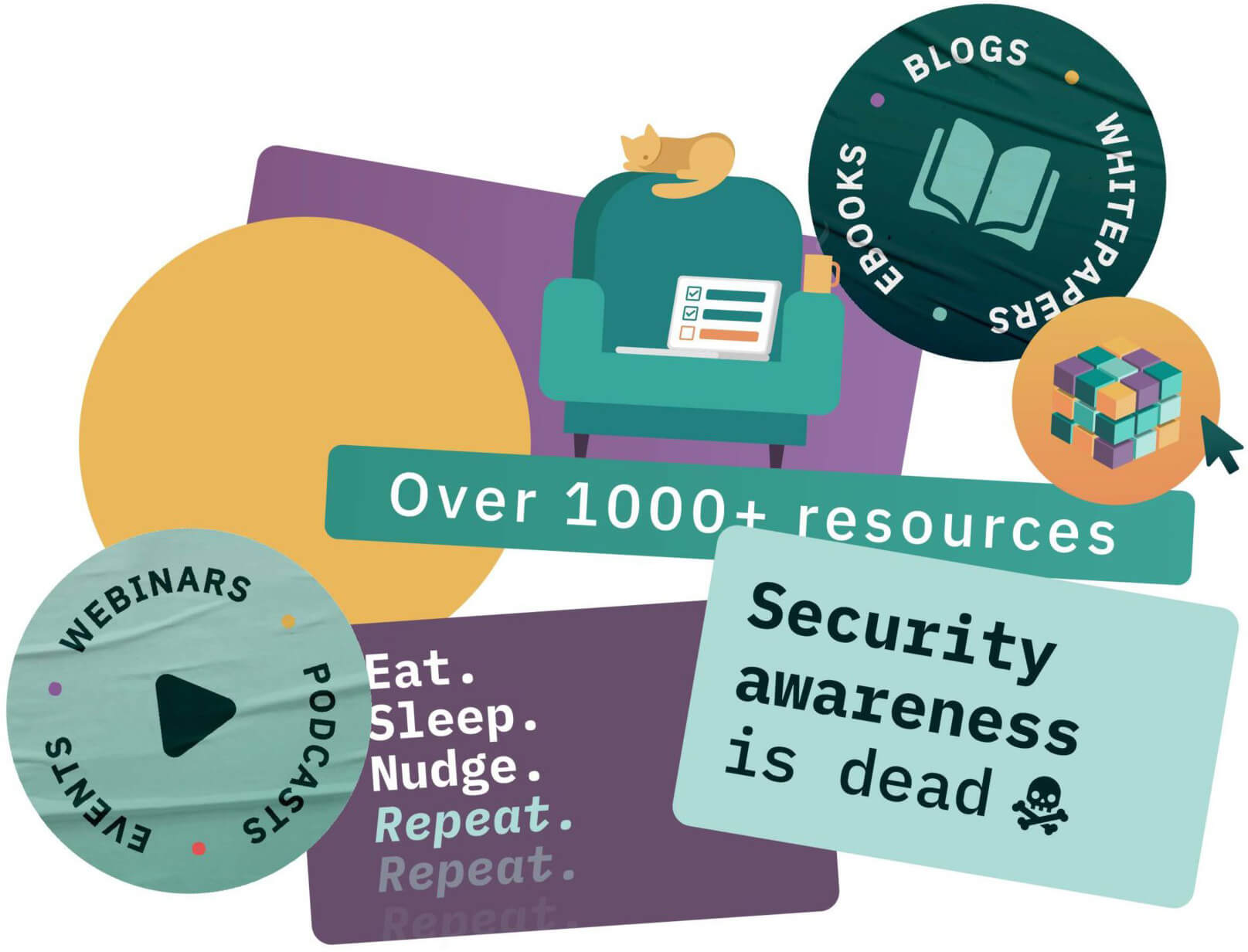1. Use company-approved devices
Mental blueprints dictate how we behave in any given situation. Our blueprints might prompt us to use personal laptops when working from home – but that’s rarely a good idea.
Most companies fit laptops and devices with inconspicuous defences that improve their security. Plus, devices are portals to data. Storing data across multiple devices means more portals for data to exist. So heed your company policy, which is there to keep you safe (if you’re a CybSafe customer, you can share security policy snippets using CybSafe’s annotation feature).
Use company-approved devices only when working from home.
2. Secure devices
Take advantage of the technological security measures at your disposal. Run regular anti-virus checks. Keep firewalls on. Encrypt your devices. Keep software updated.
Every security layer you employ improves your security.
3. Secure your Wi-Fi network
When you set up your Wi-Fi network, did you change its default name and password? If not, your network is vulnerable. So secure it. You can change your network’s name and password online. Whoever provides your internet will have a simple online guide that shows you how.
Find your provider’s online guide with a search like “how to change my Sky Wi-Fi password”. The guide will walk you through accessing your administrative account to change your password. It’s quick and easy.
Then, once you’ve changed your Wi-Fi password, change your administrative account details. This prevents criminals from accessing your network settings. It keeps you and your family safe from harm.
4. Rule out unsecured public Wi-Fi
Now that the UK government has enforced social isolation, you may decide to work remotely through public Wi-Fi hotspots. But hotspot owners can see the data leaving and returning to your computer. And that can include your passphrases.
The good news is, you can eliminate risk by using a VPN or tethering to your mobile.
We know this can slow things down, making it tempting to sidestep the advice. So speed things up by focusing on one thing at a time. Stop flicking between emails, messages and browsing tabs. Your speed will improve. Plus, research confirms your productivity will soar.
5. Respond to your environment
We all have a responsibility to keep people’s data secure. So, when working remotely, respond to your environment. Don’t leave devices unattended in public places. It almost goes without saying. Still, another laptop is stolen every 53 seconds.
Similarly, take steps to avoid broadcasting people’s data to those around you – including flatmates. Accidental data loss dwarfs the volume of data lost due to theft. And us humans are curious by nature. So keep your screen out of sight lines. Consider a privacy screen. Take phone calls in private – which means unplugging voice assistants like Alexa. You never know what you might end up discussing.
6. Store data in a safe, centralised storage space
The more dispersed data is, the more likely it is to be compromised. So, at the end of the day, delete any locally-stored sensitive data you no longer need. Keep it stored in the centralised storage space your company uses.
Most importantly, if you’re unsure about anything security-related, check! This list is by no means exhaustive. Use further tools to stay secure when working from home.
Reach out to your IT or security team with questions. If you’re a CybSafe customer, you can access course content remotely. And tools like CybSafe’s Assist answer your questions as they crop up.
Remote working is increasing. It need not increase your cyber risk. Follow your training and stay ahead. Keep yourself secure and keep your colleagues and clients secure.
Your actions will even keep your loved ones secure in the process.







